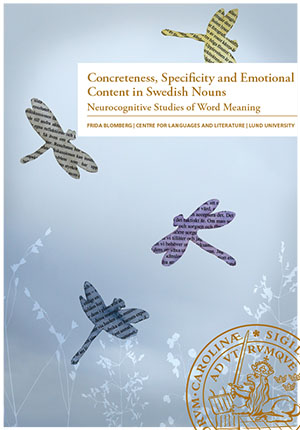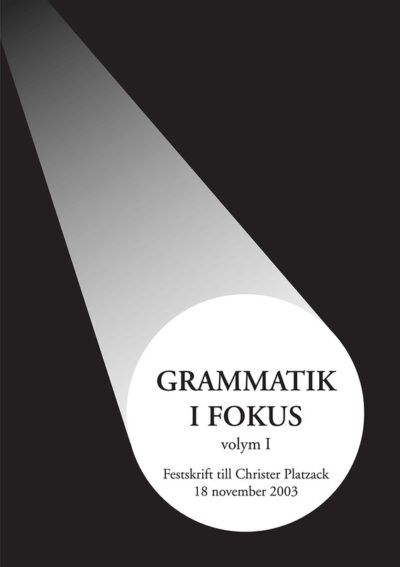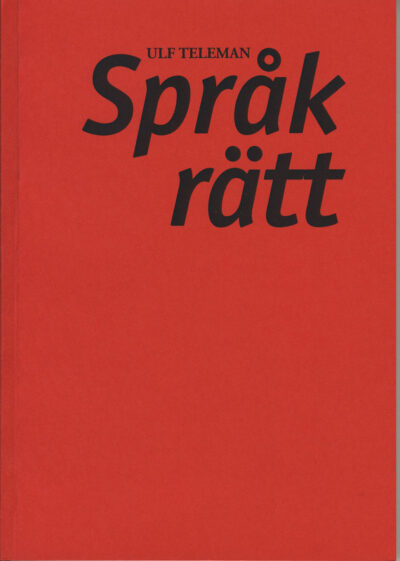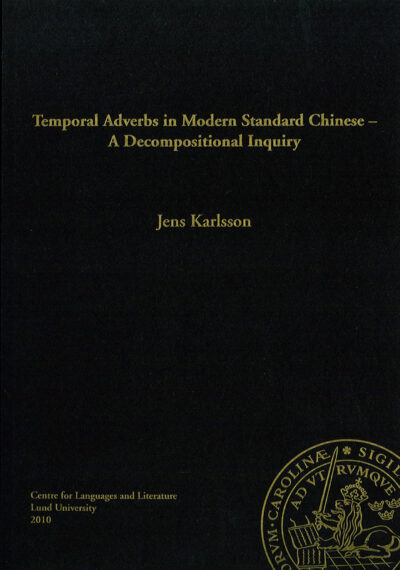Description
In everyday life as well as in research contexts, concrete and abstract nouns are commonly conceived as two distinct categories. Whereas concrete nouns such as äpple ‘apple’ have referents which can be experienced with the five senses, abstract nouns such as frihet ‘freedom’ refer to concepts which cannot be seen, heard, tasted, smelled or touched. The present thesis investigates the semantic representations and processes associated with Swedish concrete and abstract nouns, with a focus on their relation to sensory and emotional content and their degree of semantic specificity. Two concrete noun subcategories (SPECIFIC, e.g. ekorre ‘squirrel’ and GENER L, e.g. djur ‘animal’) and two abstract noun subcategories (EMOTIONAL, .g. glädje ‘joy’ and ABSTRACT, e.g. teori ‘theory’) are investigated. An interdisciplinary approach is taken, combining theoretical
models and methods from linguistics, cognitive psychology and neuroscience.
The thesis includes four papers investigating noun meanings using different linguistic, psycholinguistic and neurolinguistic methods. Paper I focuses on word meanings in spoken discourse produced by a person with lesions in brain regions involved in visual information processing. This person’s word-finding difficulties are shown to be modality-specific, selectively affecting SPECIFIC words rich in visual semantic features. Paper II compares subjective ratings of cognitive psychological parameters for a number of Swedish and English words and briefly outlines a proposal for constructing a Swedish psycholinguistic database. Using a dichotic listening technique, Paper III relates EMOTIONAL nouns to activation in the right hemisphere of the brain. The study reported on in Paper IV uses electroencephalography (EEG) to investigate neurophysiological differences between the four word categories as well as pseudowords (e.g. kvup). The results provide important insights into the differences between the word categories assumed in lexical semantic and neurocognitive models of concrete and abstract word meaning.



